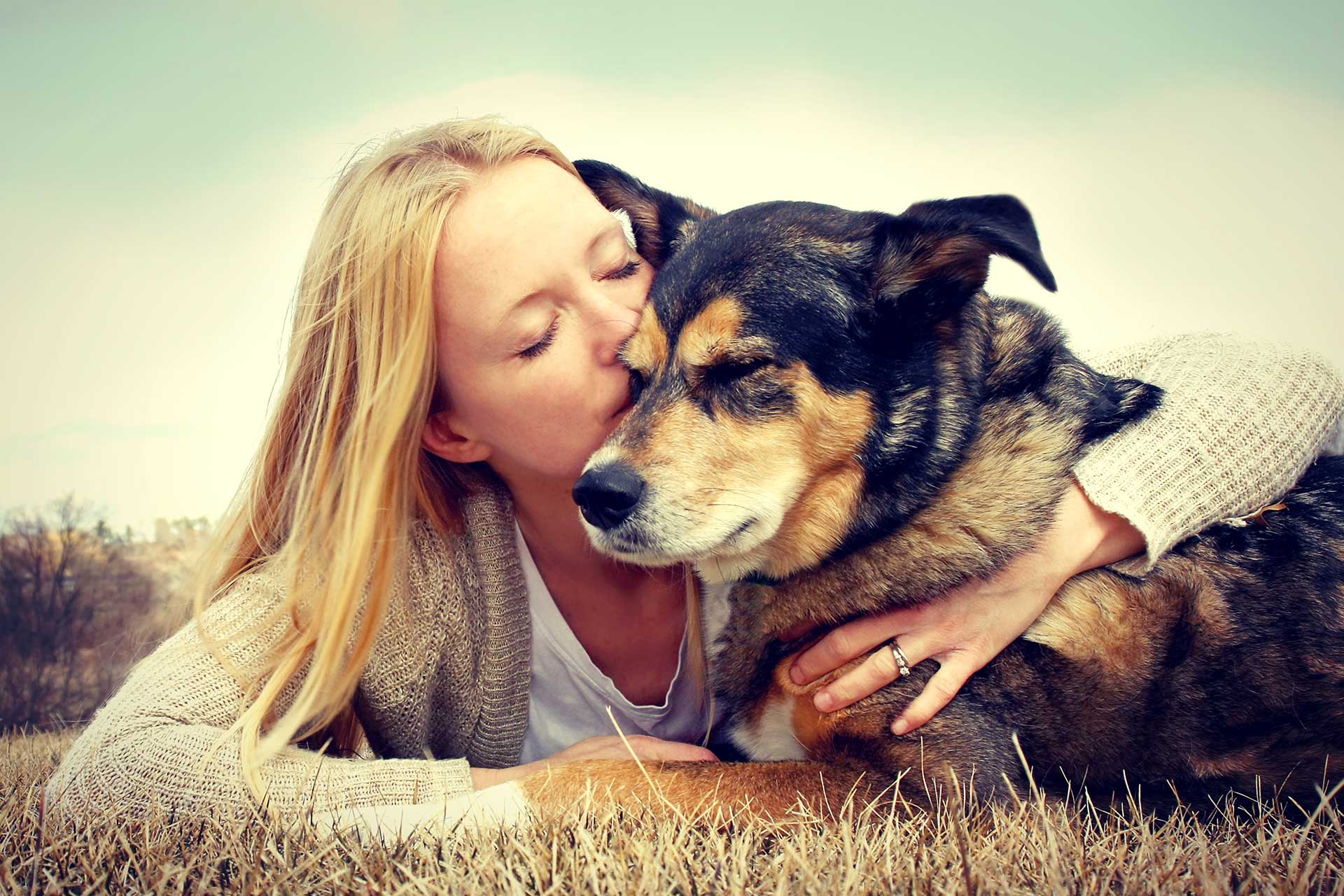With proper health care management, older pets can live their lives to their full potential, which may be well over the equivalent of 100 human years! The key to giving them a longer, healthier life can be pretty simple, it’s all about detecting problems early. Half-yearly check-ups and thorough physical examinations are recommended for senior pets. As are lots of pats and cuddles, but you already knew that bit!
The importance of senior pet health check-ups
Just like humans go to the doctor more regularly as they age, so should senior pets. A senior health check-up is a great way to get a comprehensive health assessment to detect potentially serious diseases and conditions at the earliest stages. Early detection of any disease gives you and your vet more options to either cure the problem, slow the progression or help keep your beloved pet more comfortable in their golden years.
The comprehensive senior pet health check-up includes:
- Total nose-to-tail check-up
- Urine test
- Blood test – screening of major organs for diseases
- Check for lumps & bumps
- Weight assessment
- Joint assessment
- Dental assessment
How aging affects older pets
Growing older with your pet is a comfort that many pet owners look forward to. It’s hard to believe the same bundle of energy tearing around the backyard so many years ago is now the calm and kind old friend curled at your feet. When they begin to slow down, put on a little weight or stiffen up, your pet needs your help and understanding. Unlike humans, pets can’t take responsibility for their care and totally rely on you.
Pets age much faster than people and, as they age, two kinds of changes occur. The first is age related change such as hearing loss, changes in vision or reduced activity. These are normal and can’t be prevented. The second kind is pathological changes or diseases such as heart disease, kidney disease, arthritis or dental disease. These are, to some extent, preventable or can be successfully managed.
Common senior pet health conditions
Osteoarthritis
Senior pets can develop painful osteoarthritis in their joints, which often go undetected, impacting their quality of life. Osteoarthritis is caused by a lifetime of wear and tear, excess weight and joint related injuries. If you notice your pet’s movement slowing down, this may be a symptom of osteoarthritis, which is now highly treatable. Book a consult now to help your pet enjoy their golden years.
Lumps and bumps
Although pets of any age can develop lumps and bumps on or under the skin, they are more common in older pets, and the older they get, the higher their chance of developing a malignant (cancerous) lump. There are many common types of lumps and bumps found in senior pets, and it’s very important to have a vet examine your pet when you find one. Book a consult immediately if you find one.
Nutritional support
Although age is not a disease, ageing pets are more likely to develop certain diseases, such as chronic kidney disease, diabetes, osteoarthritis, heart disease and cognitive decline (dementia). For healthy senior and pets with conditions, nutrition plays a vital role in keeping them fit and happy. Ask your vet to recommend a suitable diet for your pet to help them live their best life.
Dental issues
Like humans, senior cats and dogs need a professional dental check-up and clean each year to remove plaque and tartar and check for any cavities. If left unchecked and untreated, dental problems can be costly and more painful for your pet. It can also contribute to serious heart, liver and kidney conditions. Book a consult to have your pet’s dental health assessed. Find out if your vet offers the Best for Pet wellness plan to save $250 on a dental clean.







